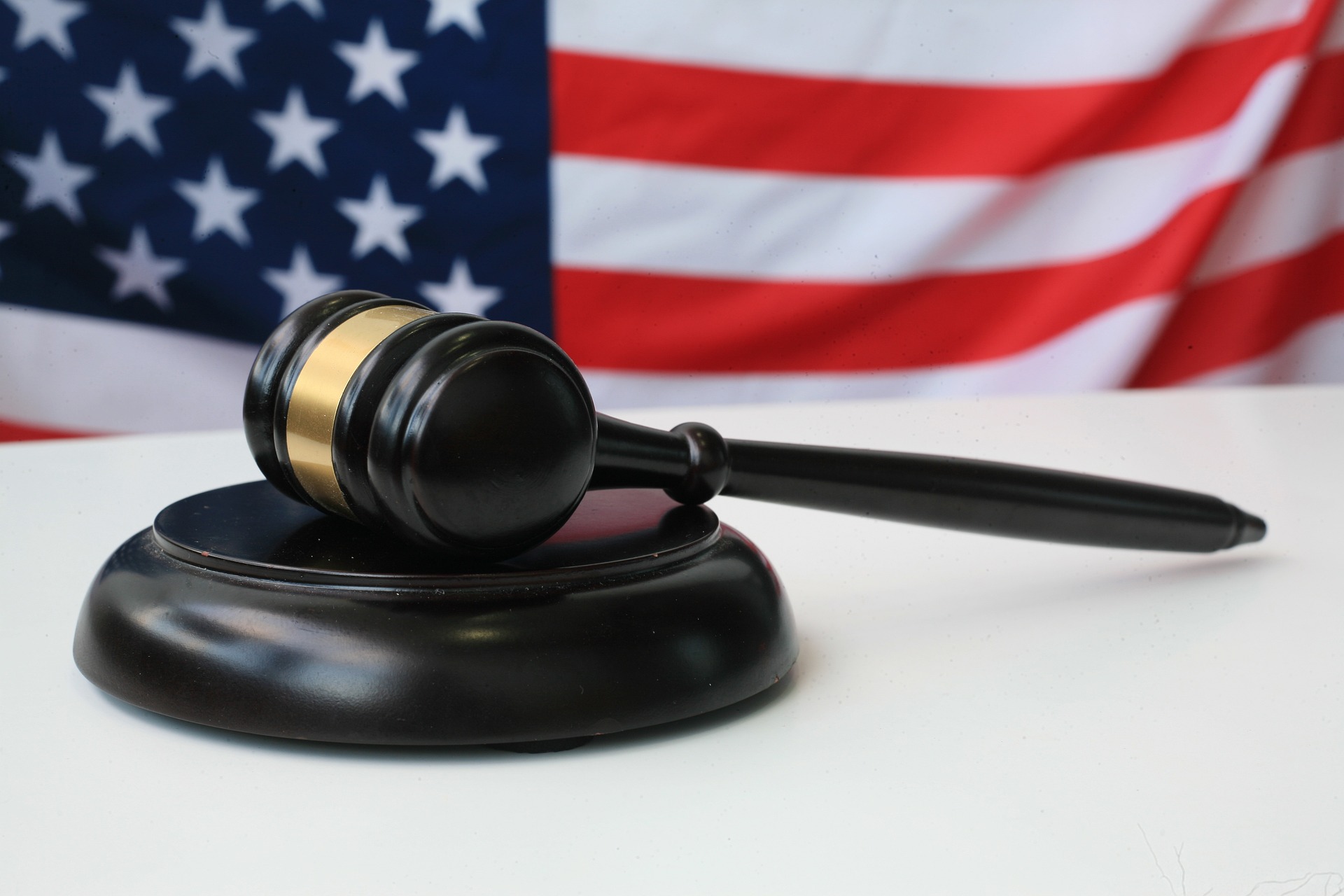I was blown away by the latest ESPN ‘30 for 30’ documentary, ‘O.J.: Made in America’. Like the equally popular Channel 10 true crime drama ‘The People v O.J. Simpson: American Crime Story’, the critically acclaimed 5 part documentary is already being touted for various industry awards and is the early front runner for the ‘best documentary feature’ at next year’s Oscars. While the Channel 10 drama focused solely on the murder trial, the unflinching 10 hour documentary chronicling the rise and fall of the former champion NFL running back reveals his trial was the spectacular flash-point of a great American tragedy.
I was just a kid when OJ was publicly apprehended by the LAPD. I knew little of the man known as ‘The Juice’, and had no understanding of his place in the psyche of 20th century USA. I had no idea he was so revered by the American public, or why, and had no inkling of the bloodshed that had defined LA’s racial divide in the decades preceding the case. I merely saw another celebrity on trial.
Having seen the documentary I can only agree the title ‘Trial of the Century’ was a fitting epithet. The case assembled more legal heavyweights than had ever before been seen in one courtroom together. The stakes were enormous, not just for the Juice himself, who faced a life behind bars, but for the city of LA, with widespread rioting threatening to engulf the city, as it had in the wake of the Rodney King trial three years earlier. At face value this was just the trial of a high profile former footballer, but it played out as a 9 month indictment of the LAPD, an American introspective into perceived racial inequality that had been brewing for decades, and continues to simmer to this day.
From a lawyers viewpoint, the documentary opened a fascinating window onto the robust cut and thrust of litigation in the American justice system, with all its highs and lows. Clearly, there were some major tactical errors made by the prosecution during the trial, but perhaps even more astonishing to Australian lawyers were some of the tactics employed by the defence. They could be at best described as ruthless, some would say bordering on sharp practice and board-line unethical behaviour. The defence team strategy to prey on racial recriminations boiling at the heart of the LA community, including the predominantly working class African American jury, proved a masterful game plan, and one which was pushed to the very limits of what Australian lawyers would consider acceptable professional behaviour.
One of Simpson’s lawyers at the trial, Carl Douglas, when asked whether it was unethical for his side to ‘play the race card’, opined candidly his team would have failed in their duty to their client if they had not played the race card. It’s an interesting observation, and one that brings into sharp focus the competing interests of any trial lawyer. The tension between every lawyer’s duty to the court on the one hand, and their duty to their client on the other, is always a difficult tightrope to walk. How much harder must it be with the whole world watching on, and your career on the line?
In the end, this was a trial that took no prisoners. To the victors went the spoils; the likes of Robert Shapiro, Johnnie Cochran, Barry Sheck, F Lee Bailey and Robert Kardashian became household names. But for many of the prosecutors and police officers involved in the case, there was only defeat; the careers of many seemingly never quite recovered. The state’s leading prosecuting attorneys, Christopher Darden and Marcia Clark, both resigned from their jobs following OJ’s acquittal, and left legal practice altogether.
By any measure this truly was the ‘Trial of the Century’.













